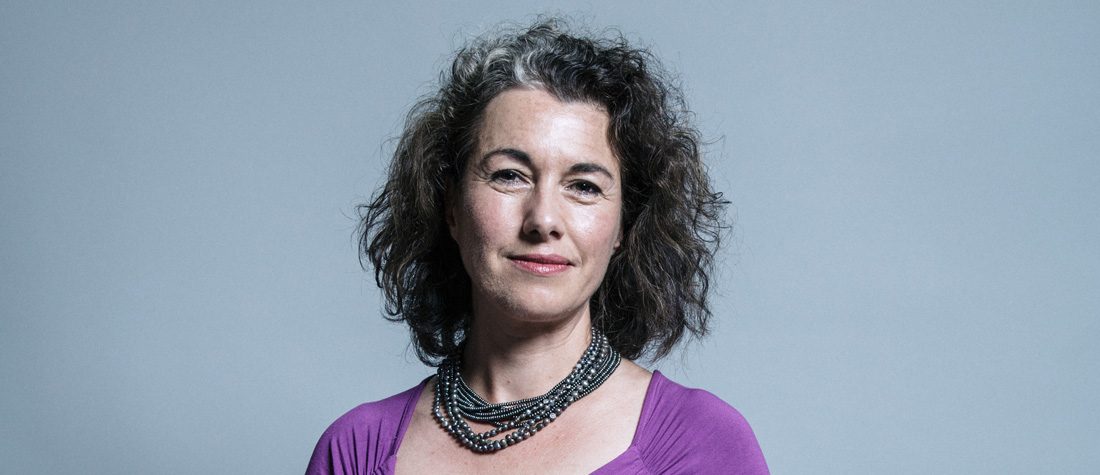Why did you become interested in justice?
On a personal level, because of discovering the organised level of child abuse that was in my constituency of Rotherham. When that got into the public domain, people felt they couldn’t go to the social services or the police: they kept coming to me. And I didn’t know who to trust any more.
How do you go about making a difference?
In the chamber, I try to use real stories and people can’t turn away from that. In Rotherham, for example, they closed down the magistrates’ court and the government said, “Well there’s a nice court in Sheffield.” But I meet people who can’t afford the £3.50 bus from Rotherham to Sheffield. That’s where it becomes real.
Tell us about your APPG. Is that a place where party politics falls away?
Yes, this wasn’t about Sarah Champion the Labour politician. We interviewed 400 survivors of childhood sexual abuse. It’s about saying, “This person has had a terrible time and these are the steps we can take that are very practical to make a difference.”
So what are those steps?
Actually, we’ve looked at simple guidance directional change. So, for example, with the Criminal Injuries Compensation Authority. One thing I got to change is the wording in the letters they send out. When you’re a survivor of abuse and your perpetrator’s been put in jail and the letter comes back saying, “We don’t believe you” – that’s devastating. People say they have suicidal thoughts. We got a psychologist in to look at the letters. But if you say, “We believe you but there isn’t the evidence to substantiate it” – that’s different.
This issue comes under both the Home Office and the MoJ, but there are questions to be asked of whether NHS is treating adult survivors with the requisite seriousness. Does government have infrastructure to liaise cross-departmentally in a satisfactory way?
A lot of our problems are because of the silos government operates in. This makes it very difficult to bring in early-intervention measures. For example, justice will have a budget for prisons. If you gave some of that money to education, to have Sure Start children’s centres, to make sure that each has good parenting and no domestic abuse – that’s how you keep the prison population down. But try telling the justice minister to put a percentage of the prison budget in education – it’s a tough ask. It means investing in something that will take 20 years for a result and you won’t be able to prove that tangible connection all the way.
Do we need to move to a more victim-centric culture?
The Ministry of Justice has tried to do something about the Victims Law since about 2015 – and the code is meant to be updated. It just hasn’t happened. There have been a lot of justice secretaries and a lot of churn in that department. I was trying to explain to my local police forces how they got it so wrong with the survivors of child sexual abuse. Their job is to try and protect the vulerable and secure justice for them; they are working for the victims. Their perspective was they’re there to catch bad guys, and the victims are a piece of that puzzle.
Does the law need to change?
I think the law is sound, as was proved for example in Rotherham. When you have the NCA spending millions of pounds a year, they are getting convictions for historic cases. The time lapse makes it harder, but it is not an impediment to justice. But South Yorkshire police haven’t got that money to spend.
So we come down to an old-fashioned argument about cuts and spending?
Forgive me for using the example, but when you have Boris Johnson saying that it’s “spaffing money up the wall” with historic child-abuse cases – that’s disgusting on so many levels. But if the prime minister is saying that, where’s the incentive for a district commander to investigate a historic abuse case. It comes down to how we value people. A lot of people say they have a victim-centred approach – they might be on paper, but in practice they’re not. That direction comes from the justice ministers, the home secretary and the prime minister – and it doesn’t cost money.


